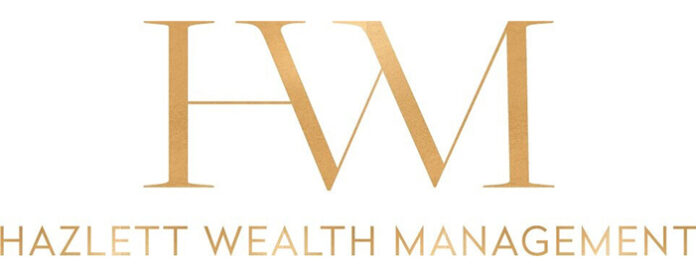As the economy stabilizes, should you invest in growth or value?
By Kristin Hovencamp

The debate between growth and value investment styles is heating up again. Growth stocks took center stage as they rose from last year’s recession, benefiting significantly from notable increases in our use of technology and communication services and tools. Increasingly this year, investors are returning to value companies. How do investors decipher between the two styles?
Growth investing focuses on purchasing stocks that may exhibit positive earnings momentum or the potential to outpace the performance of equity sectors or the overall market. Investors are attracted to the possibility of high valuations and the prospect of accelerated growth.
Growth Stocks:
Typically excel in bull markets and periods of economic expansion.
Tend to represent newer or high-growth companies in industries that demonstrate considerable expansion and future profitability.
Earnings are expected to offer above-average rates of return.
Benefit from loose monetary conditions and low-interest rates.
The potential for high returns is paired with higher risks.
Typically reinvest their earnings and do not pay dividends to shareholders.
Value investing focuses on companies believed to be currently trading below what they are worth, potentially providing a positive return once the market price matches the stock’s underlying value.
Value Stocks:
Tend to fare better during an economic recession and outperform early as the economy reheats.
Lag growth stocks in a bull market.
Usually perform better in a rising interest rate environment.
Represent established companies with current revenue flows.
While they are often characterized by more traditional equity sectors such as energy, financials, and industrials, deep-value stocks can be found across all market sectors.
Commonly pay dividends to shareholders.
Investors seeking a less volatile investment experience may favor a value strategy. If you have a longer investment time horizon and are comfortable taking on more risk, you may consider positioning your portfolio to take advantage of growth stocks. Regardless of your investment goals, it is prudent to take a risk-adjusted, balanced approach to investing.
Kristin Hovencamp is an Investment Executive and Director of Business Development with HAZLETT WEALTH MANAGEMENT, LLC, which is independent of Raymond James and is not a registered broker/dealer. Investing involves risk and you may incur a profit or loss regardless of strategy selected. Additional risks are associated with investing in specific securities, including limited diversification. Investment advisory services are offered through Raymond James Financial Services Advisors, Inc. Securities offered through Raymond James Financial Services, Inc., member FINRA/SIPC. 675 Sun Valley Road, Suite J1 + J2 Ketchum, Idaho 83340 208.726.0605. HazlettWealthManagement.com



